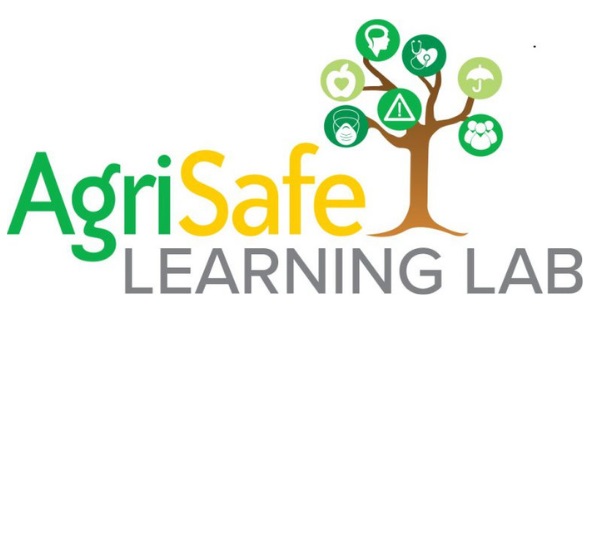Tick-borne alpha-gal syndrome is a growing threat to farmers and ranchers

By Meg Muckenhoupt
Alpha-gal syndrome (AGS) is getting famous for causing devastating food allergies, but if you’re a farmer or rancher, AGS can disrupt your entire way of life.
There’s increasing evidence that AGS can make it hazardous for farmers and ranchers to come into contact with their animals’ blood, amniotic fluids, and manure, or even just breathe near their livestock.
Those exposure risks can make it difficult to care for livestock, or to keep the family farm. As the nonprofit Agrisafe network writes, “For farmers, AGS is not just a food allergy, it’s an occupational allergy.”
AGS is a tick-induced allergy to galactose-α-1,3-galactose (alpha-gal). Alpha-gal is found in meat, milk, and body fluids from all mammals apart from humans and some primates. After contact with alpha-gal, people with AGS can develop symptoms including hives, rashes, vomiting, diarrhea, or life-threatening anaphylaxis.
Some farmers can adapt to AGS. Clark Giles, a sheep farmer in Oklahoma, started suffering joint pain, fatigue, and brain fog during lambing season after he developed AGS. He now wears nitrile gloves when he touches his sheep, and wears a respirator for jobs like shoveling manure.
When farming becomes impossible
Sometimes, though, farming becomes impossible. Jenna Olcott, whose family raises cattle Lawson, Missouri, can no longer help with farm chores due to coughing, itching, and watering eyes. She can’t even ride in a car with her husband when he has manure on his boots. Olcott now works at a preschool instead of her family farm.
Antonia Florence married into a family that had been raising cattle since the early 1900s in Greene County, Virginia. In an essay bluntly titled “The Unintentional Death of our Farm,” Florence wrote, “ Alpha gal is killing our farm. To be more precise, the alpha gal allergy my husband, Bruce…contracted through Lone Star tick bites caused him to become allergic to the very cattle we raise….”
After months of hives, rashes, swollen eyes, inflamed sinuses, and closing throats, Florence and her husband decided to sell their cattle and rent their pastures to a tenant, ending a family legacy that had endured for more than a century.
Farmers and ranchers need to know how AGS can affect them, and how they can protect themselves from this syndrome’s worst effects.
Meg Muckenhoupt works with Alpha-gal Information, an Alpha-gal Alliance project.




















We invite you to comment on our Facebook page.
Visit LymeDisease.org Facebook Page